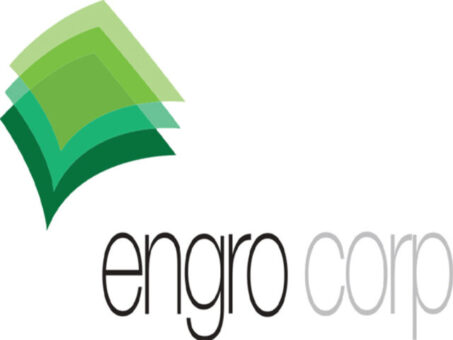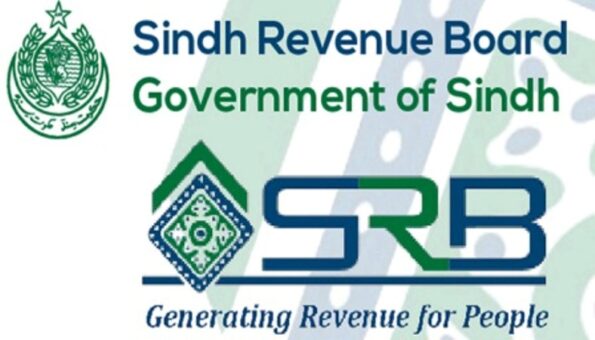KARACHI: State Bank of Pakistan (SBP) on Friday announced that Merchant Discount Rate (MDR) for Point of Sale (POS) acquiring Pakistan shall be within the range of 1.5%-2.5% for both existing and new merchants.
The following merchant categories shall be exempt from this requirement:
Government and Utilities
MCC 9211: Court Costs, Including Alimony and Child Support
MCC 9222: Fines
MCC 9223: Bail and Bond Payments
MCC 9311: Tax Payments
MCC 9399: Government Services (Not Elsewhere Classified)
MCC 4900: Utilities -Electric, Gas, Water and Sanitary
Education
MCC 8211: Elementary and Secondary Schools
MCC 8220; Colleges, Universities, Professional Schools and Junior Colleges
MCC 8241: Correspondence Schools
MCC 8244: Business and Secretarial Schools
MCC 8249: Vocational and Trade Schools
MCC 8299: Schools and Educational Services (Not Elsewhere Classified)
Fuel
MCC 5541: Service Stations
MCC 5542: Automated Fuel Dispensers
MCC5172: Petrolium and Petroleum Products
MCC 5983: Fuel -Fuel Oil, Wood, Coal, Liquefied Petroleum
The SBP said that the Interchange Reimbursement Fee (IRF) for debit and prepaid cards issued in Pakistan used on domestic POS terminals shall be capped at 0.5 percent.
The central bank said that during the past few years, there has been considerable growth in the digital payment infrastructure of the country, especially in the number of debit cards being issued by the banks to their customers.
Although, the Point of Sale (POS) infrastructure has also grown during the past few years, its growth has largely remained restricted to high value merchants in big cities.
Some of the key challenges being faced by the POS acquiring industry in Pakistan include high Interchange Reimbursement Fee (IRF), lower than cost Merchant Discount Rate (MDR) to onboard high value merchants and less interest by banks in offering low cost domestic payment cards to their customers.
The SBP said that the card issuers shall offer SBP approved Domestic Payment Scheme (DPS) Card as the default card at the time of issuance or renewal of debit cards.
Accordingly card requesting customers shall be offered the following options in order of priority:
Either an exclusive DPS card or a DPS card co-badged with an International Payment Scheme (IPS)
An exclusive IPS card upon written request of the customer
The central bank said that the instructions shall come into effect from April 01, 2020.






